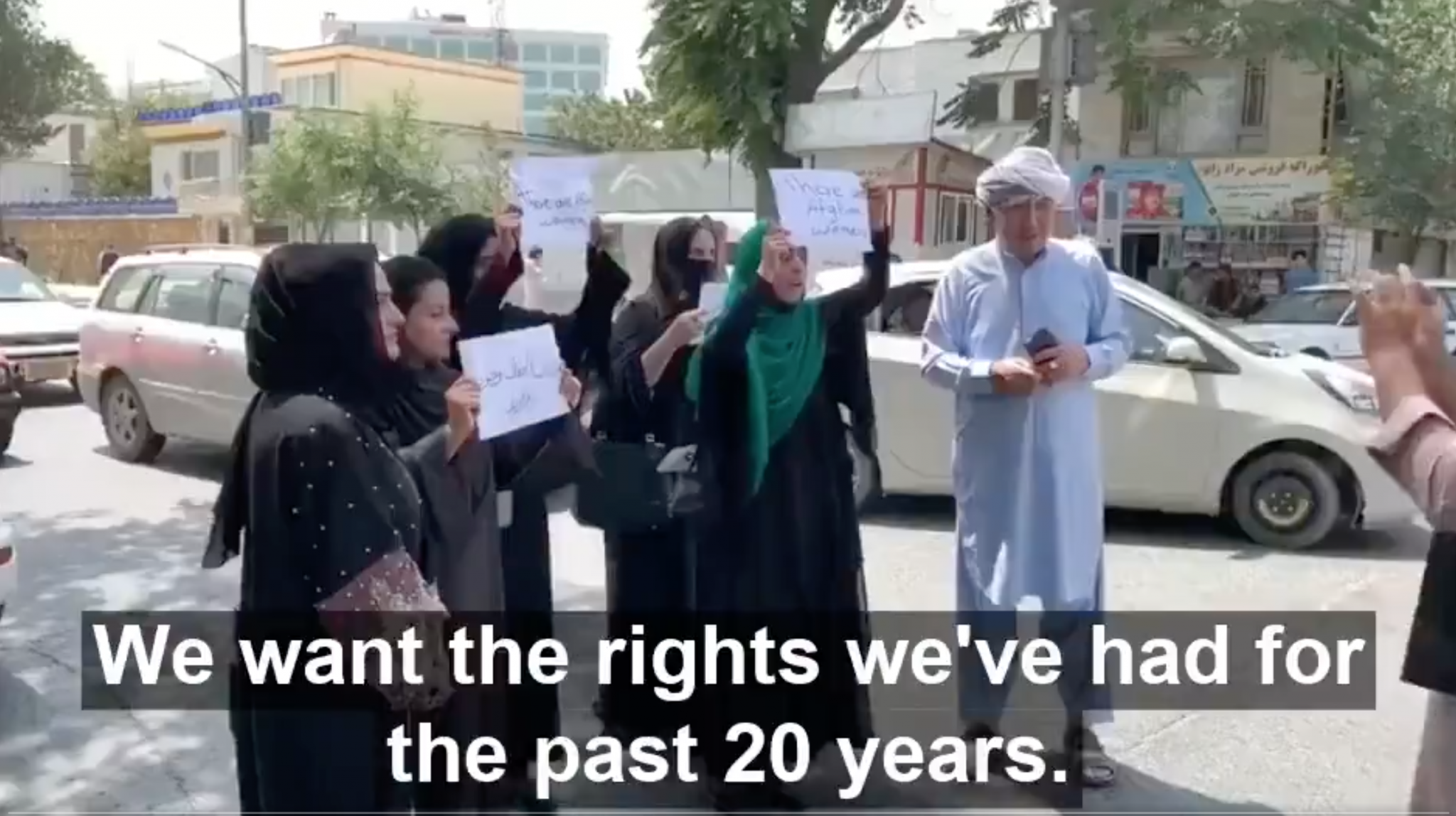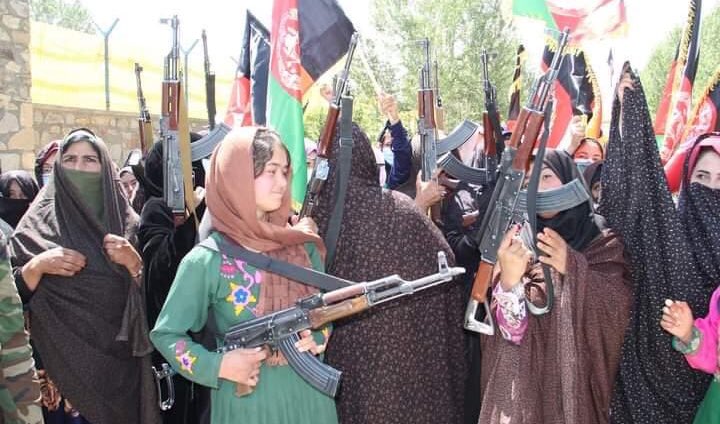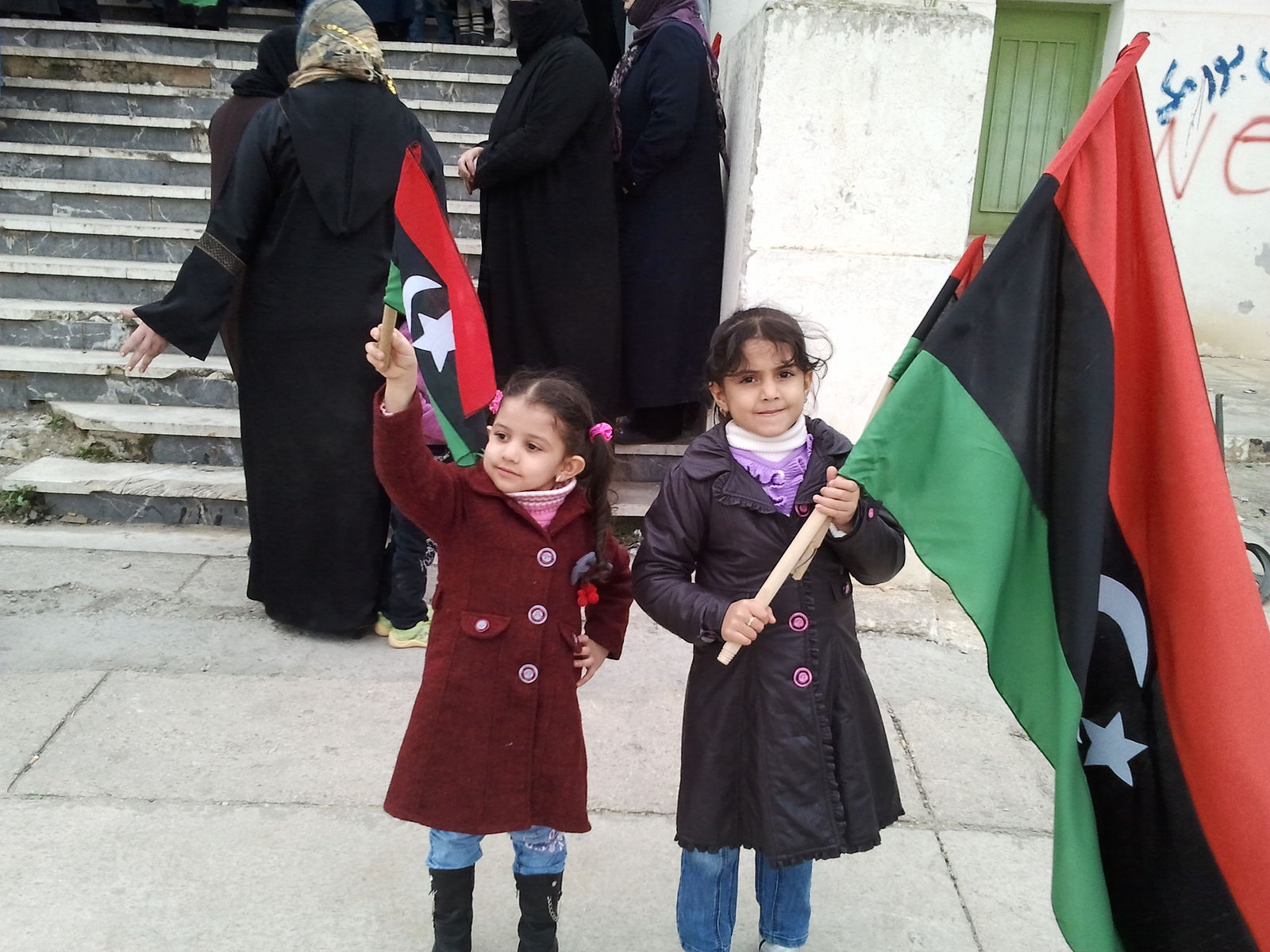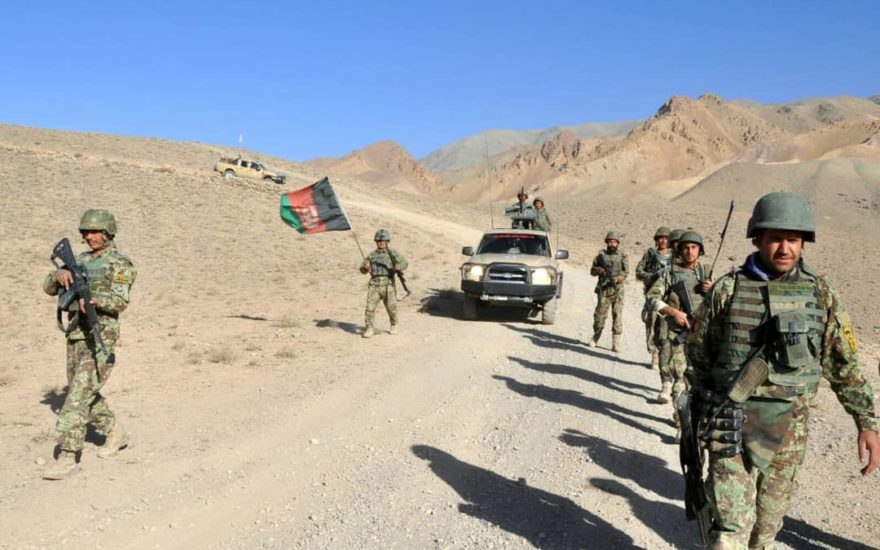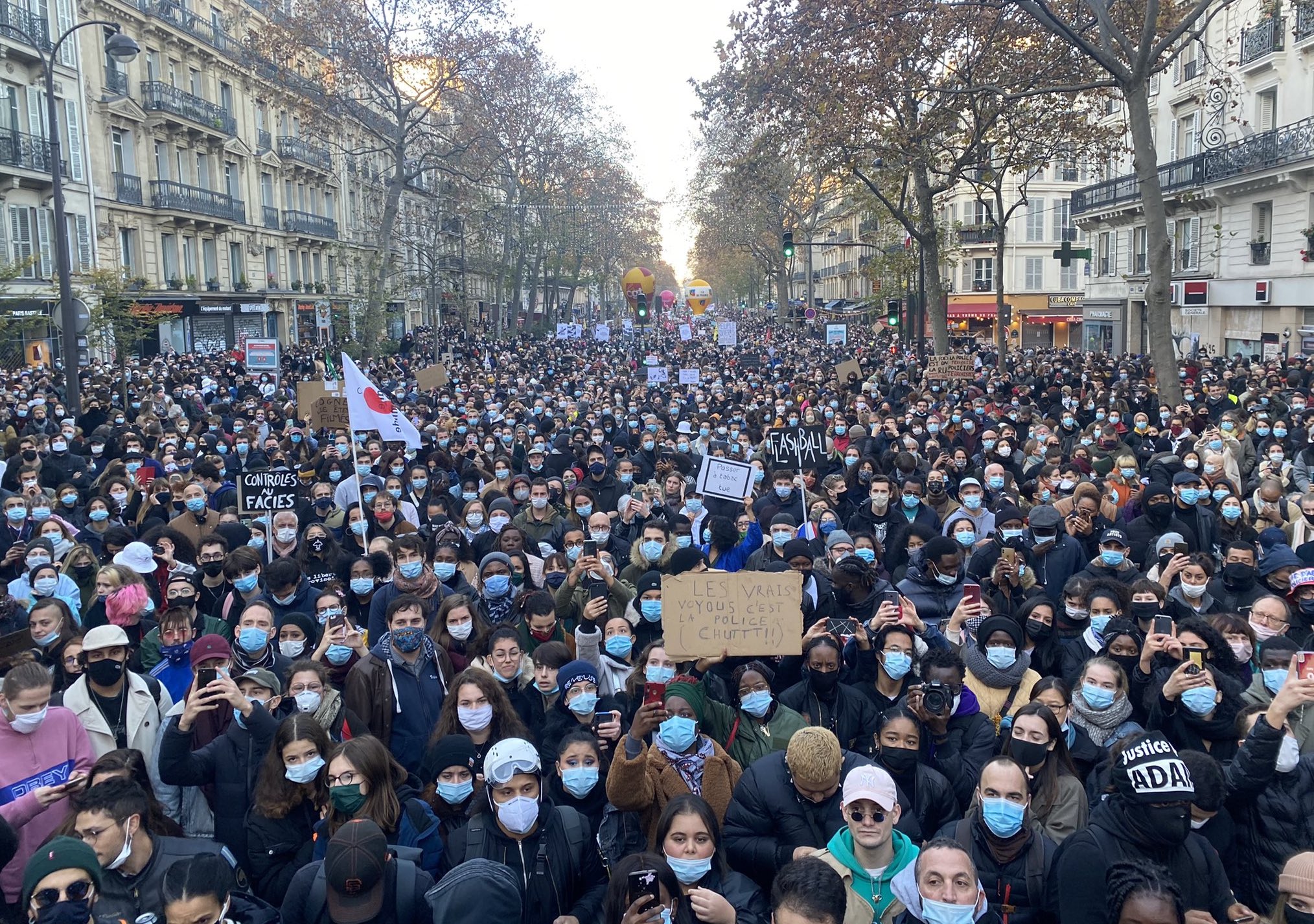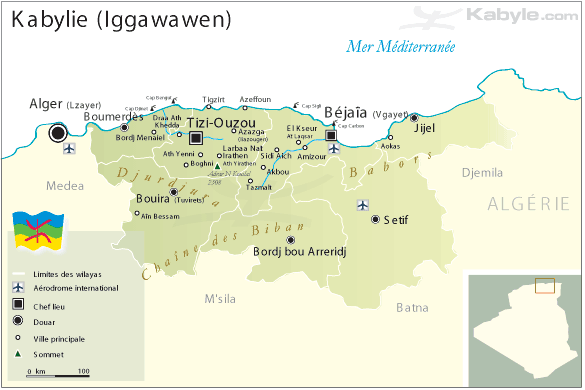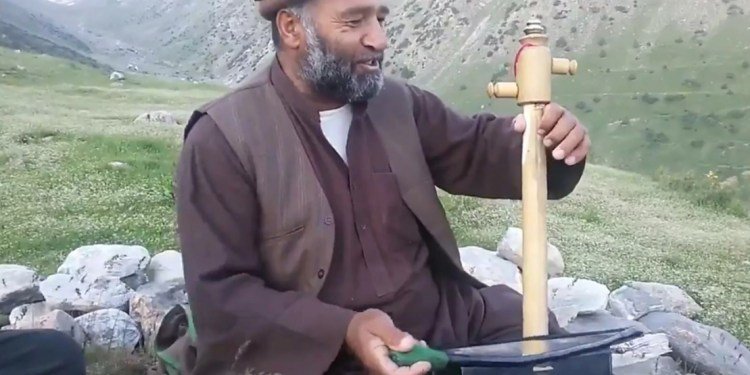
Afghan folksinger executed by Taliban
The Taliban killed an Afghan folk musician days after stating that they would ban music from being played in public places. Fawad Andarabi was shot dead by Taliban fighters who arrived at his farm in Andarab district, Baghlan province. The district is near the Panjshir Valley that harbors a resistance force rejecting Taliban rule. Four days earlier, Taliban spokesperson Zabihullah Mujahid told the New York Times: “Music is forbidden in Islam, but we’re hoping that we can persuade people not to do such things, instead of pressuring them.” Andarabi played the ghichak, a bowed lute, and sang traditional songs about his birthplace and people. Former Interior Minister Masoud Andarabi (presumably no relation but from the same district) tweeted that the musician had recently sung that “our beautiful valley, land of our forefathers” would not submit to Taliban rule. (Photo via Digital Music News)



